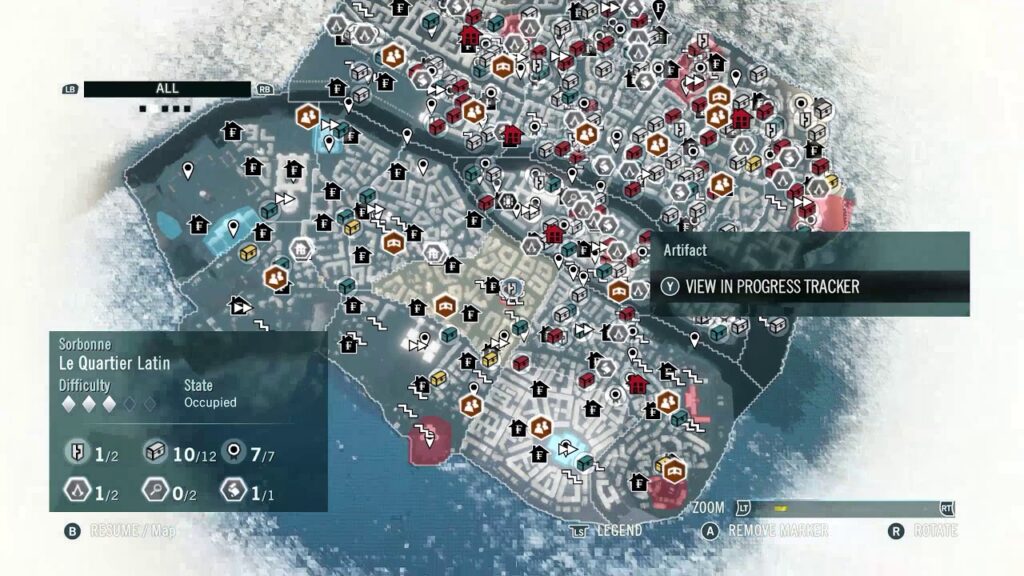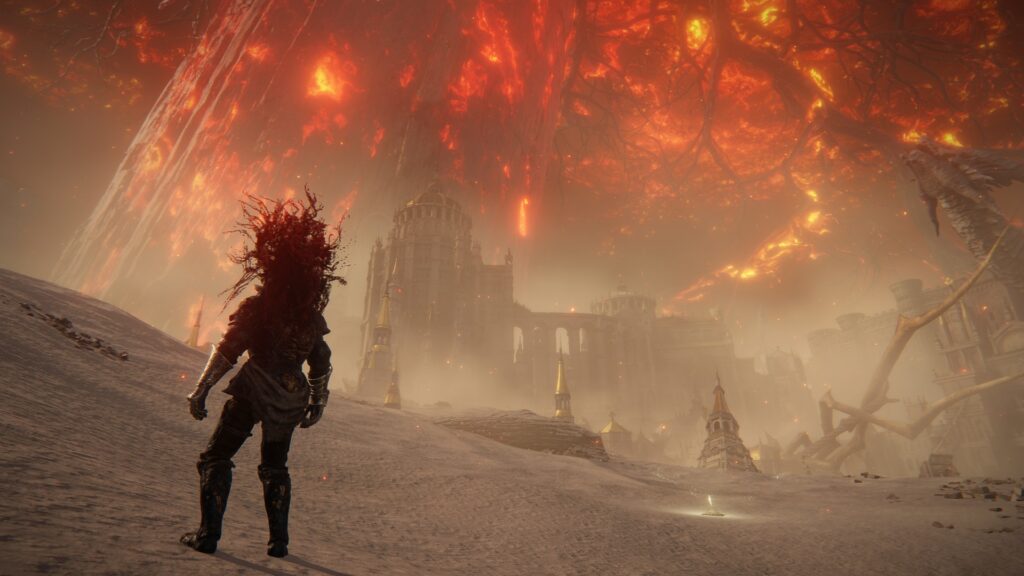- Developers are giving far too much importance to the open world genre today.
- Most studios cannot nail the magic of open worlds, leading to bland and bloated maps.
- Linear games are still great, so there’s no need to forcefully abandon tried-and-true design.
Open world games are quite fun, and many of them are among my favorites. I absolutely adore Red Dead Redemption 2, Elden Ring, Death Stranding, The Witcher 3, and Skyrim, which explains my love for this genre.
That said, I don’t like that nearly every game today gravitates toward this genre. More and more developers are chasing this trend, saturating the market with half-baked open world experiences for the sake of marketing.
In my opinion, developers need to stop chasing this trend.
Why it matters: The trend-chasing has meant that various franchises that were never meant to be part of the genre are being forcefully converted into large sandboxes.

Bland & Dry Open Worlds
When thinking of open worlds, Ubisoft is almost always the first to come to mind. Having pioneered a very specific style of sandbox, this studio is often accused of bloated, repetitive, and bland worlds that prioritize quantity over quality.
Unfortunately, this template seems to have prevailed. Modern games that adopt this approach will offer large and beautiful maps, but the content can be boiled down to little more than meaningless filler.
Then there’s the problem of hand-holding. Several games lack the sense of wonder and excitement that Elden Ring captures so well in the Lands Between. Following trends, developers will fill your maps with a hundred different collectibles, side quests, and icons.
At that point, the player agency completely goes out of the window. What’s the point of such large maps when they come with next to no dynamic encounters, surprises, or organic discoveries?

Too Many Open Worlds
When I think of various popular games, including highly-revered ones like Ghost of Tsushima and Horizon Zero Dawn, I can only describe them as Ubisoftesque. Sure, they have strong characters, enjoyable fundamental gameplay, and jaw-dropping visuals, but their approach to the genre is not that different from Ubisoft’s.
There’s also Halo Infinite, which further highlights my point. Even IPs like Halo are adopting this trend without fully realizing why certain games work with open worlds, and others don’t.
Unpopular opinion: Infinite open world is the worst part of the campaign
byu/TheCrowMoon inhalo
Forspoken is another example that further proves my point. Athia is a large and mystical world, yet it’s devoid of life, offers barely anything to do, and adds little to the overall experience.
Even Capcom is said to be experimenting with a similar sandbox for Resident Evil 9, and leaks point to the same fate for Call of Duty. There’s nothing wrong with trying to innovate, but I don’t see how such franchises benefit from this shift.
Perhaps Bayonetta 3 is the perfect example of why I’m against this trend. If reports are to be believed, this game began development as a semi-open-world title, but this led to pacing problems, and Platinum Games eventually stepped away from this goal.
I understand that the industry loves to chase trends. Who wouldn’t want to make an open world game after The Witcher 3’s raving reviews or GTA 5’s success? However, there’s a reason these games succeed while others fail.
I would even argue that Rockstar Games sometimes struggles with fully utilizing the genre since Red Dead Redemption 2 reverts into linear gameplay for its story missions, something I hope to see addressed in GTA 6.

Linear Games Are Still Great
It’s clear that open worlds are not suited to every game, but this hardly matters when linear titles are already so well-designed. A carefully crafted world like that of Sekiro’s is infinitely more valuable to me than the 50th Ubisoftesque sandbox.
Games like Resident Evil 4, The Last of Us, Uncharted 4, and more prove that studios don’t need to make the next big open world title to succeed. Linear titles can also offer tons of replayability, and I would know since I beat Resident Evil 4 ten times.
From what I can tell, the phrase “open world” has become a buzzword for developers and publishers. Everyone wants to market their game as part of the genre, but they seldom realize the essence of a great sandbox.
With the industry chasing trends like microtransactions and live service, this is just one more unfortunate addition to the list.
Thank you! Please share your positive feedback. 🔋
How could we improve this post? Please Help us. 😔
[News Editor]
Obaid is pursuing a Law degree while working as a content writer. He has worked as a gaming writer for over three years because of his passion for the medium and reporting the latest updates in the industry. Having played hundreds of games, Obaid finds himself coming back to Elden Ring, Cyberpunk 2077, and Red Dead Redemption 2, with these games being among his favorites. He has also been mentioned on highly regarded websites, such as Wccftech, Metro UK, PS Lifestyle, GamePressure, VGC, and Gamespot.




